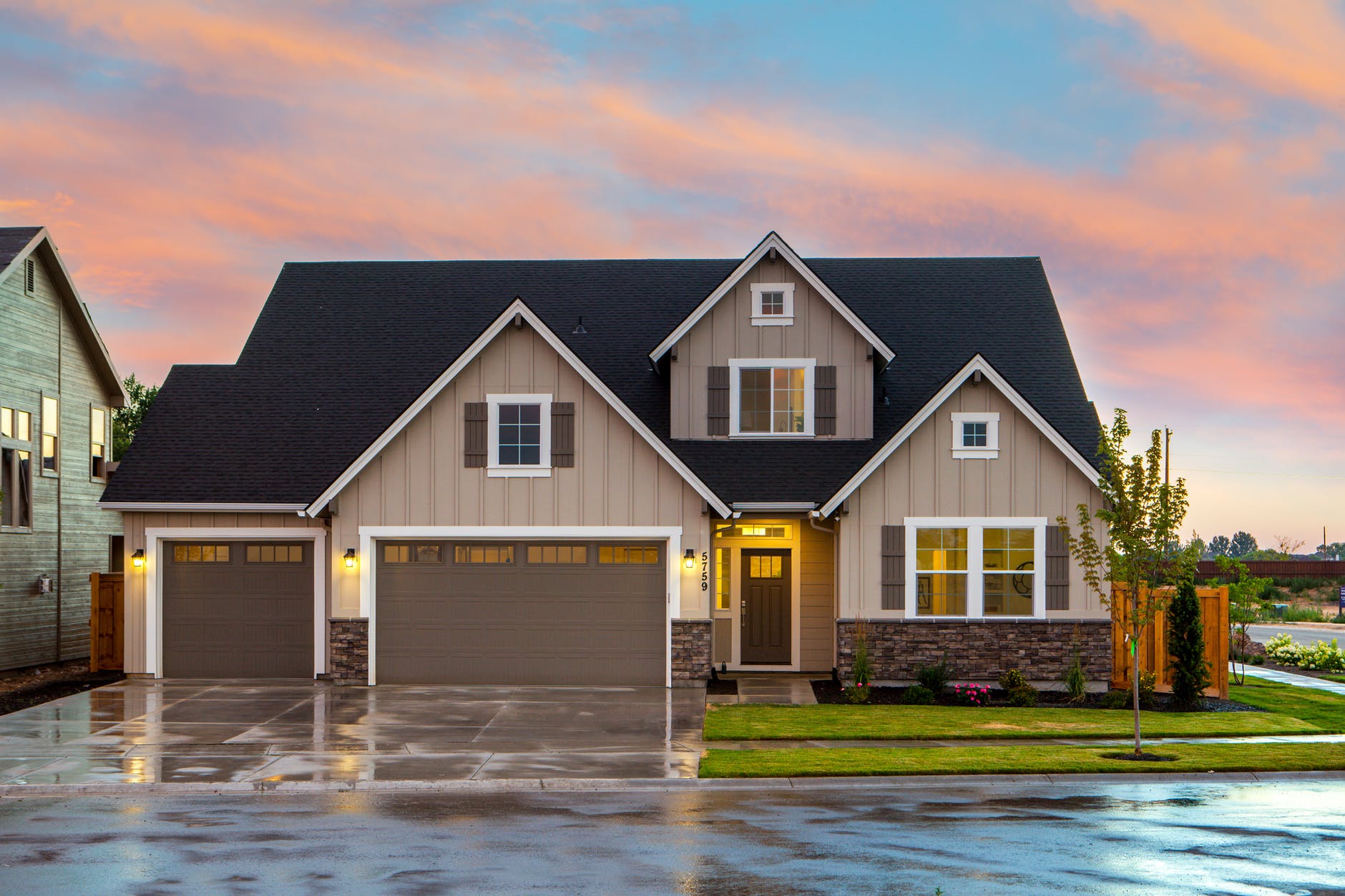
Just because you’ve bought a home before doesn’t mean you’ll be an expert real estate investor. Nor does investing experience mean you’ll be a slam-dunk home buyer when it comes to settling down.
Although both involve a real estate transaction, the way you evaluate the property differs in each scenario.
In one, you’re looking for a home that’s marketable to other people (and that offers potential profits). In the other, you’re looking for a home to put down roots in -- one that serves your needs and lifestyle today, tomorrow, and in the future.
So, what should you be looking for as you purchase your next property? Let’s break it down.
Real estate as a home: what to look for
What matters most here is YOU. What do you want in a home? What serves your personal needs best? And, farther out, what will best serve your household in the future?
Evaluating real estate for yourself means considering a whole slew of factors like these:
- Your finances: How much can you afford per month? How reliable is your income? Make sure to consider the repair, upkeep, and maintenance costs of a property, too.
- Location: Do you need a home close to work? In a community with good schools? In a place with strong job prospects?
- Long-term value: Will the home deliver a long-term return on investment (ROI)? Will it be marketable upon resale? Will it be the nest egg you’re looking for?
- Family size: How much space do you need? Will you need room to grow into?
- Preferences and style: Which style of home do you like? Do you prefer old or new construction? How much maintenance are you willing to do?
Although purchasing a home requires a look into your finances, money isn’t the only thing driving your decision. As a place you'll live for years (or even decades) to come, there’s more than just numbers and logic at play here. Your personal tastes, feelings, and emotions play a role, too.
Real estate as an investment: what to look for
Buying real estate as an investment is a different story. Here, you’re looking to generate income. That means considering the finances -- as well as the property’s potential -- more than anything else.
With an investment property, you primarily want to consider these factors:
- The property’s condition: How much work does it need? What repairs and upgrades are necessary to make it marketable? What will those cost you?
- The neighborhood: Is the neighborhood in demand? Have home values increased or decreased in recent years? What local amenities are around?
- The potential: What do local comparable sales show that nearby homes are selling for? Is there room for profit, given the home’s list price? How does the home compare feature-wise to other properties in the area?
- The market: Is there a strong rental market in the area? Is it a seller’s market? What are the average vacancy rates? What are average rents like?
- Property taxes: What are property taxes like? Be sure to factor in any homestead exemptions that have been applied in recent years if the house is your primary home.
You’ll also need to look carefully at the list price. Remember, investment property loans typically require much larger down payments (25%–30%, in most cases). Make sure you have the cash to handle this expense while still leaving money for closing costs, property repairs, and general maintenance. You may also need significant cash reserves as well.
Get Waltham MA Property Management
For professional property management in the Waltham MA area contact us today by calling (617) 957-0166 or click here.

